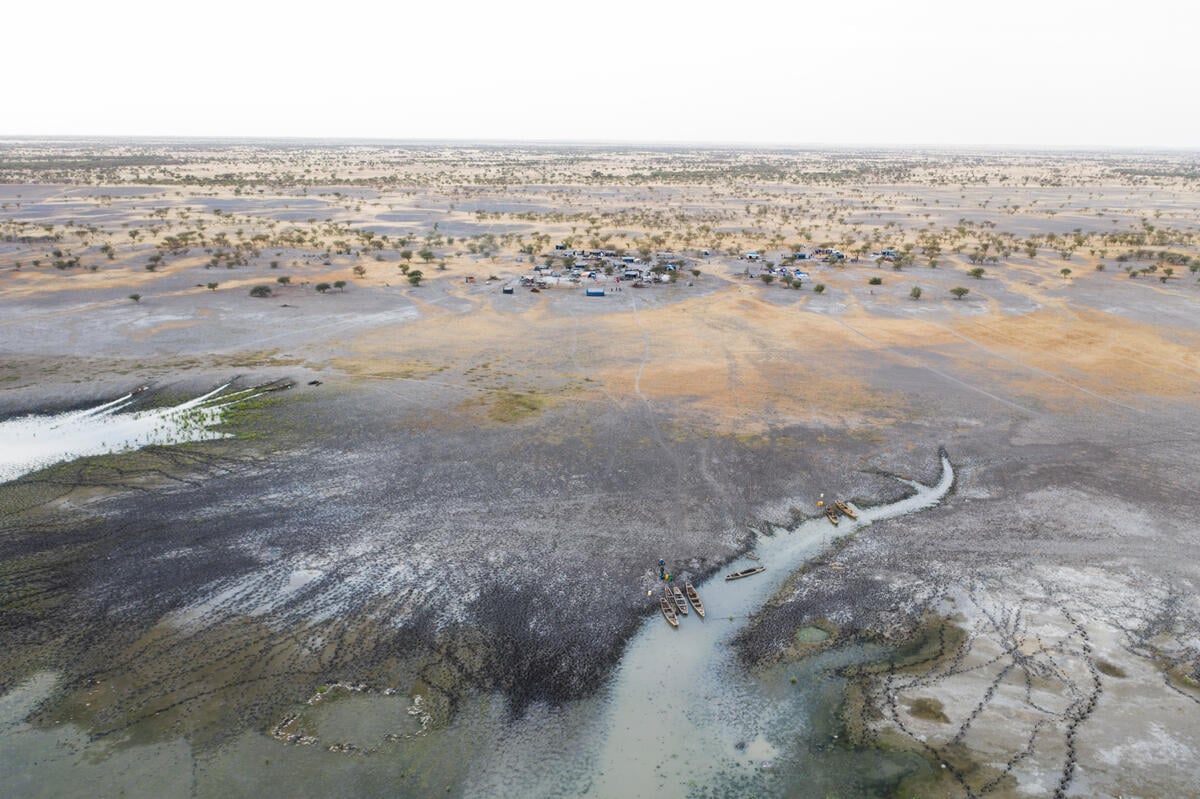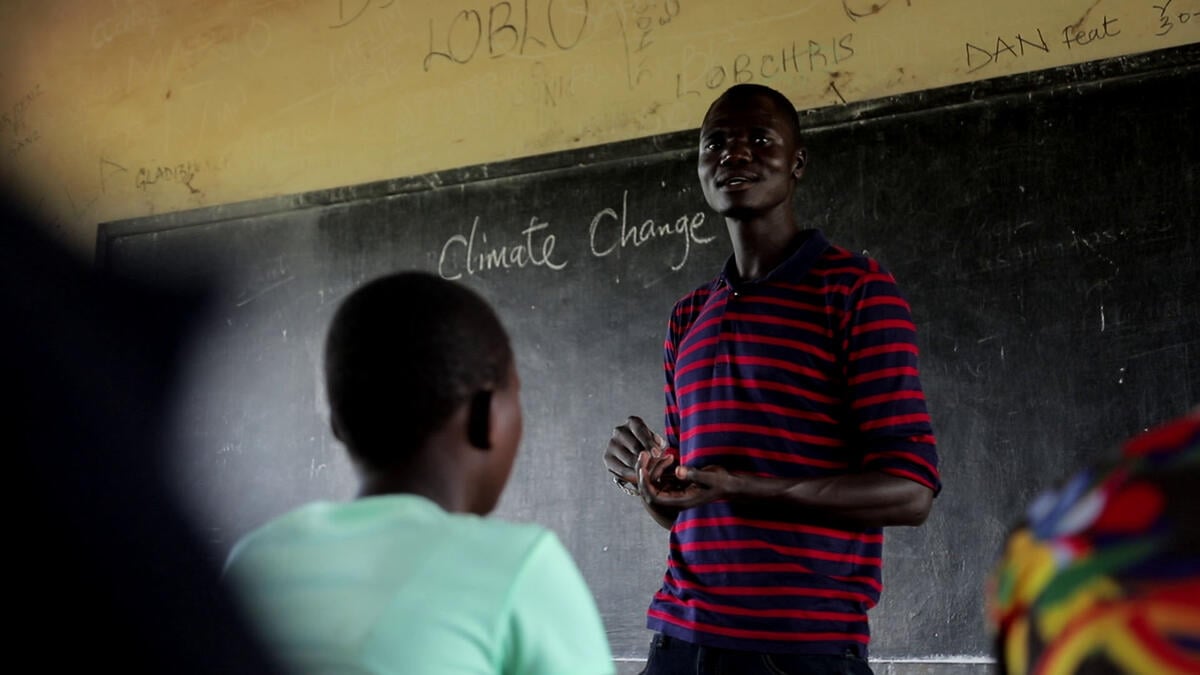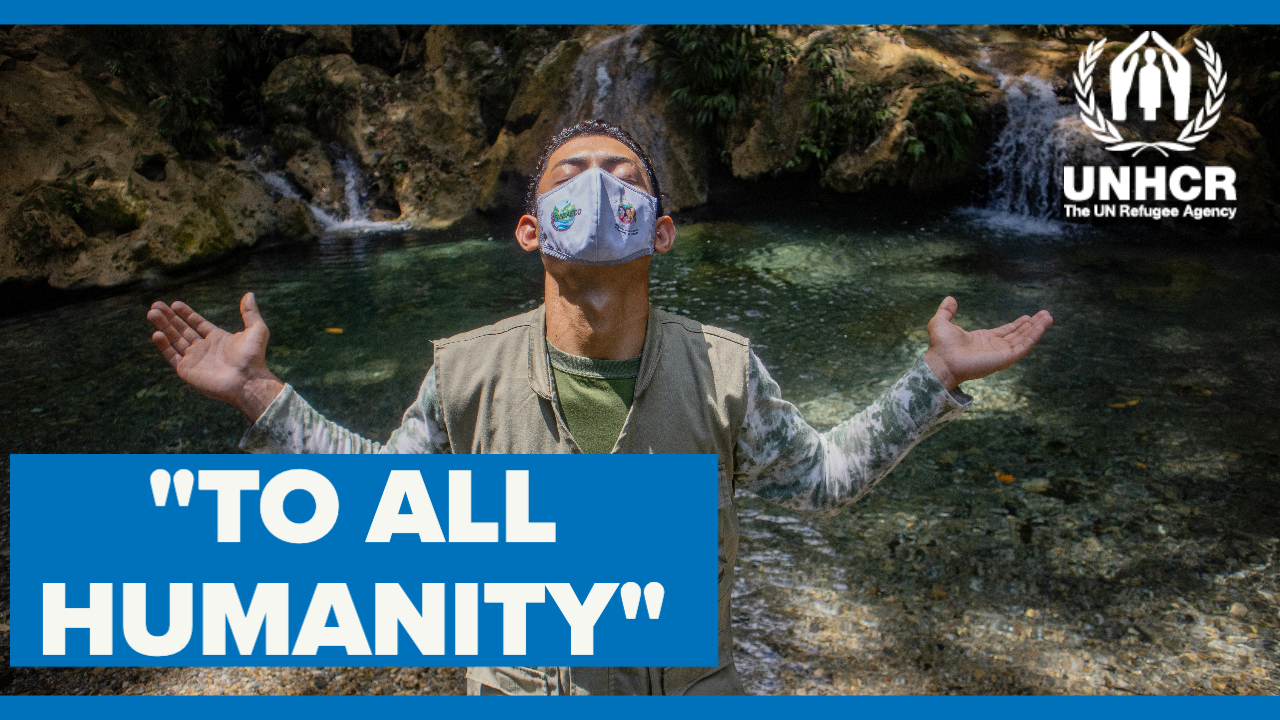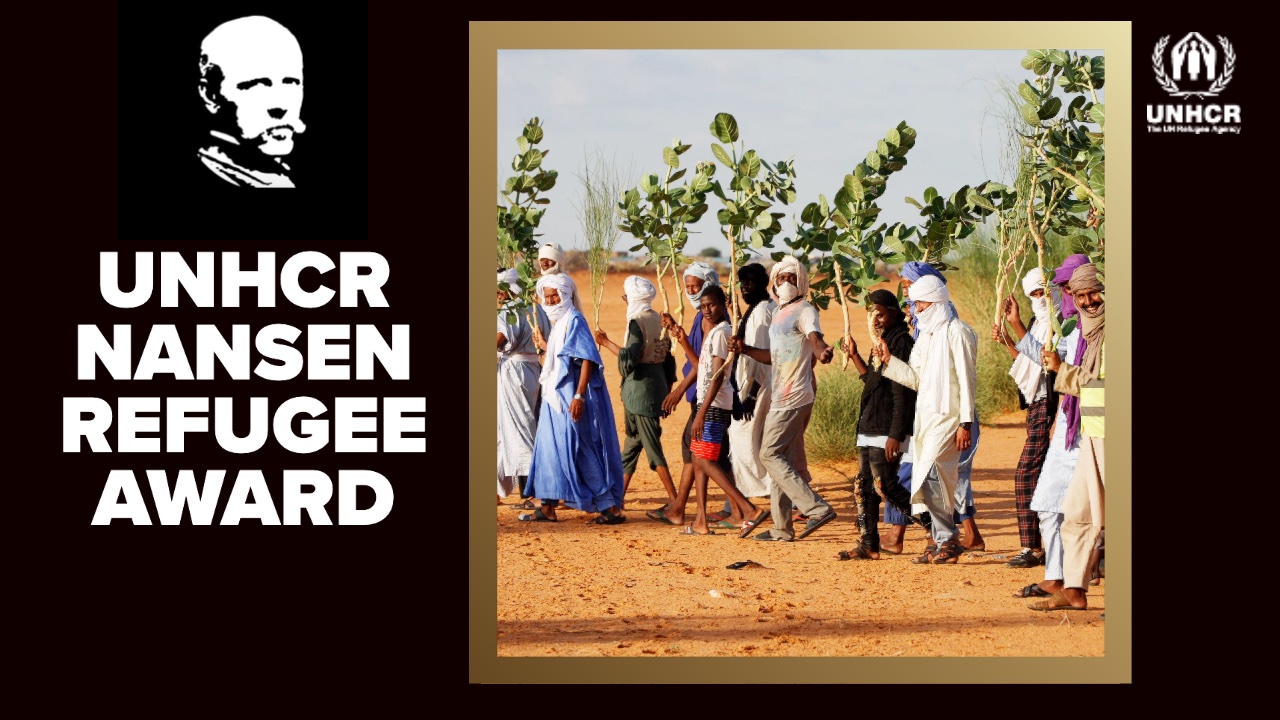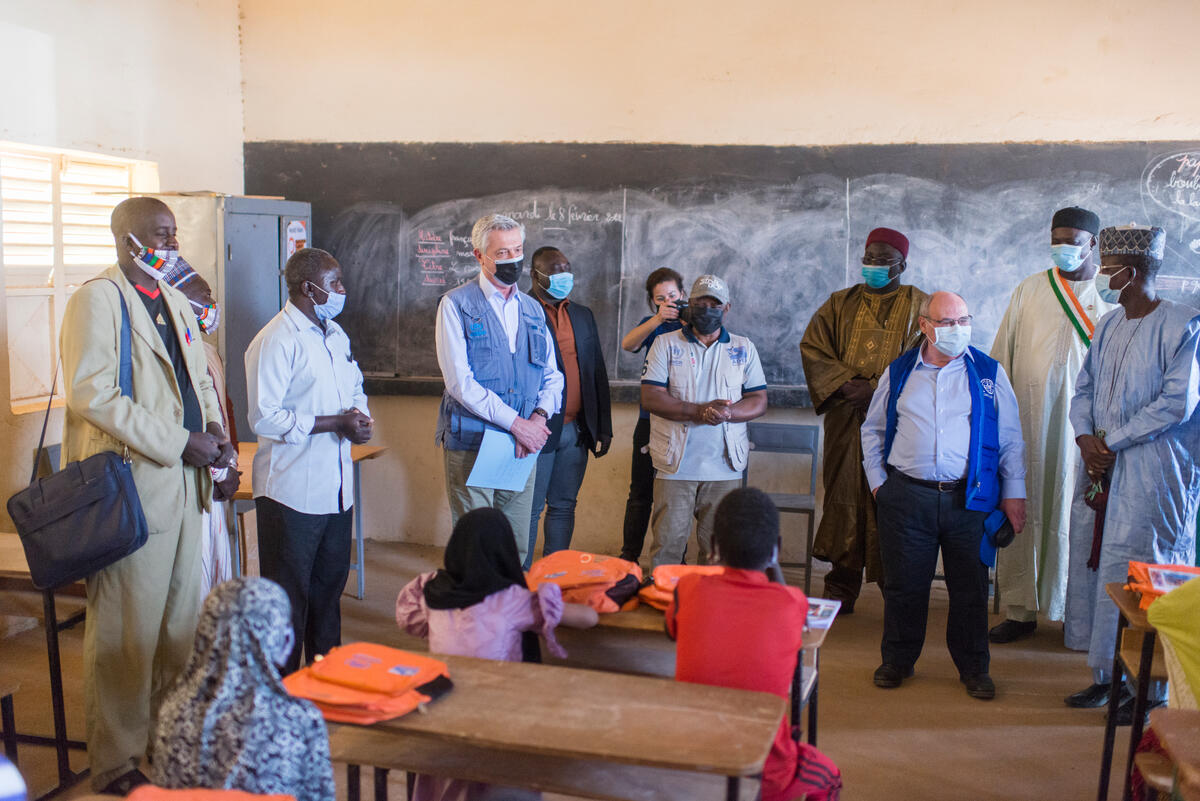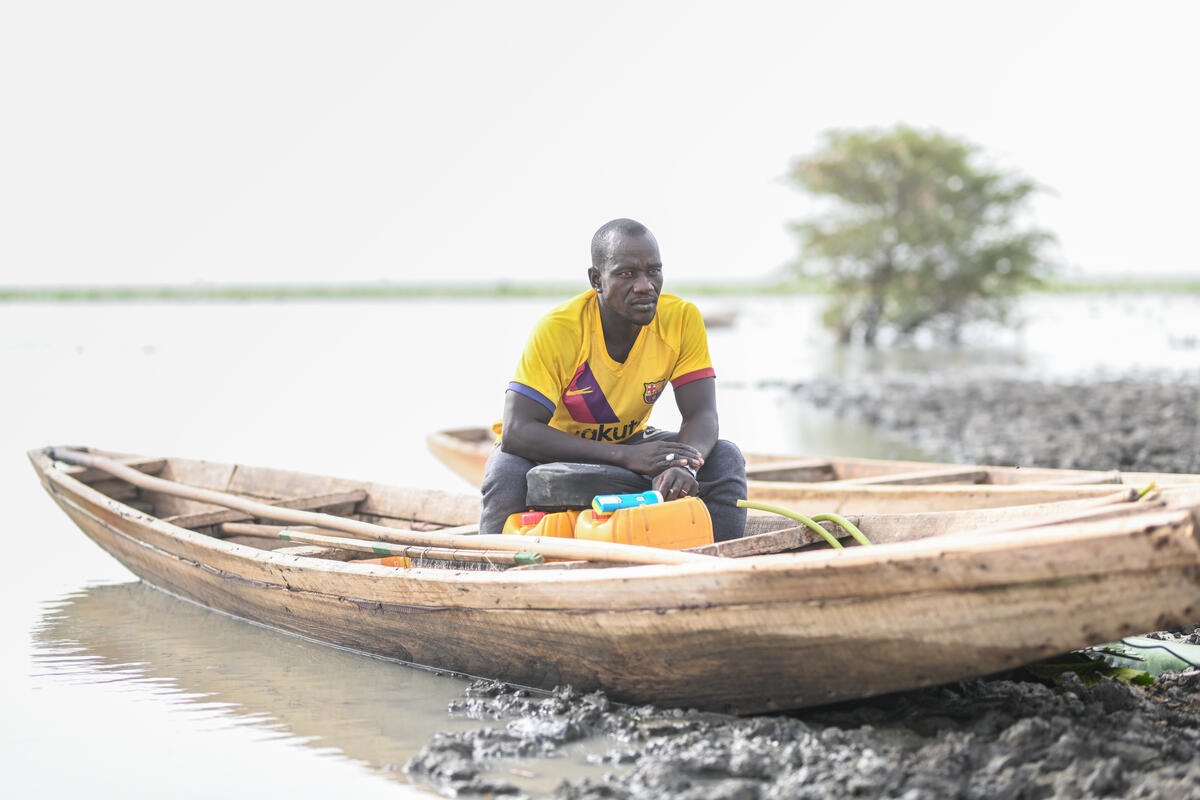Keeping Pakistan's cultural capital clean
Keeping Pakistan's cultural capital clean

LAHORE, Pakistan, October 3 (UNHCR) - It's known as Pakistan's cultural capital, home to spectacular Mughal architecture, Sufi shrines, museums, gardens and a kite festival that draws thousands of partygoers every year. But turn your attention away from the treasures of Lahore and you find what comes with any urban sprawl - garbage galore.
Picking up the trash is a dirty job, but someone's got to do it. On the outskirts of the Punjabi capital in north-eastern Pakistan, hundreds of Afghan families make a living by recycling what people throw out.
The men scour the city for rubbish, which they pile onto donkey carts and lug home - a government-designated garbage colony known as Saglian Pull. Wives and children sort the day's haul into piles of plastic bags, paper, shoes and cloth strips.
"Someone told us there are many opportunities here for business and work, that's why we came," said Kajir Khan, whose family of 22 fled after the Taliban regime burnt down their house in Mazar-i-Sharif, northern Afghanistan, 10 years ago.
"But collecting garbage hardly meets our expenses. We barely have enough to eat. We're paid 80 rupees [US$1.33] for every 100 kilogrammes of garbage, but it's hard to collect so much in one day. Pakistanis are paid much more for the same work," Khan complained.
Few children here can afford to go to school, so they run around the muddy slum with dirty faces and no shoes. "These children are so beautiful," said Bibi Gul, wiping the snot from her granddaughter's face as flies hovered around. "But I can't even afford 10 rupees for the soap to clean their faces."
The widow lost two sons in the war in Afghanistan. Her remaining three sons collect plastic bags while she supplements the family income by making colourful belts that sell for 10 rupees each.
In another compound, Pakistani pop music blares from a communal radio. A group of men sit in a circle, ripping old shoes apart with pliers. The rubber soles are tossed into a pile to be melted and sold to shoemakers at 15 rupees per kilo.
Nearby, a garbage-recycling factory emits smoke that causes breathing problems in the community.
"No Pakistani is willing to live here because of the conditions - dirty, no electricity, poor water supply," said Mariam, 23, who came with her family from Kunduz in northern Afghanistan in 1987. Her husband makes 3,000 to 4,000 rupees per month as a garbage collector, but the rent is 7,500 rupees, so they have to share their compound with four other families.
"No one wants to live like a second class citizen. We love our motherland but we know the situation there. If we return to Afghanistan, we can't even make a single penny. Give us financial and security guarantees, and we will go back," she said.
"We are 100,000 rupees in debt, how can we even think of repatriating?" said Kajir Khan.
A Pakistan government exercise earlier this year registered 2.15 million Afghans throughout the country, including more than 200,000 Afghans in Punjab province. All registered Afghans above the age of five were given a card recognizing them as Afghan citizens temporarily living in Pakistan, valid till December 2009. Registered Afghans who wish to repatriate are assisted with an average of US$100 per person to help them with initial reintegration in Afghanistan.
Of the more than 340,000 Afghans who have repatriated from Pakistan with UNHCR assistance so far this year, some 7,000 returned from the Punjab and Islamabad areas.
By Vivian Tan in Lahore, Pakistan

